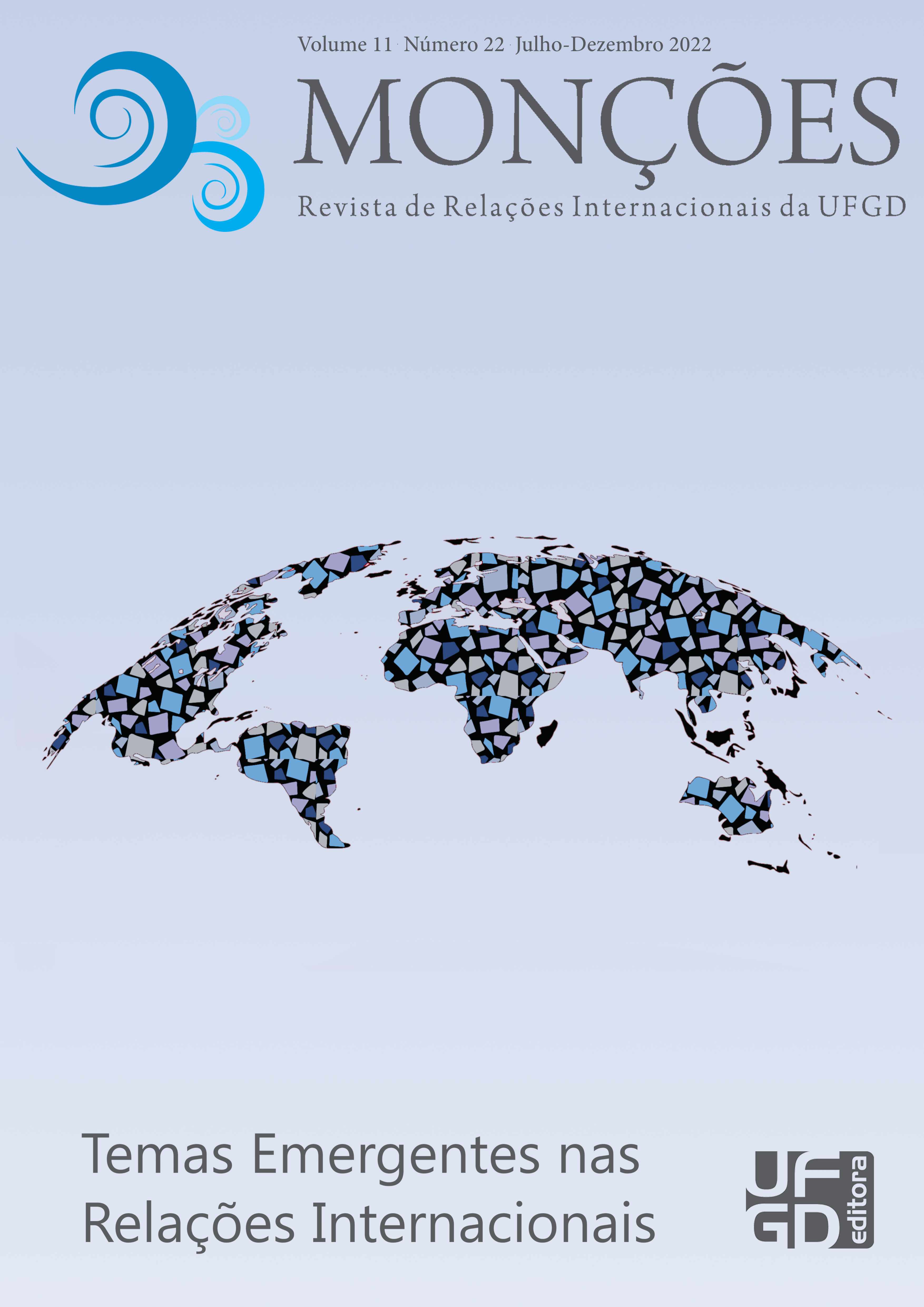Politics as a Science: A Prolegomenon (Book Review)
DOI:
https://doi.org/10.30612/rmufgd.v11i22.15635Keywords:
Political Science, methodological approaches, comparative politicsAbstract
Distinct methodological approaches to studying political phenomena are at the core of the growing discussion in Political Science as a discipline. Schmitter and Blecher summarize this topic in “Politics as a Science: A Prolegomenon” in the first of seven chapters of the book. To infer is a huge challenge due to the complexity of politics. How can we measure power? There is no single answer to this question. There are many ways to achieve this goal. The authors argue that one such method is to solve questions such as these, is by analyzing the rules’ functions and the practices of human social life. Politics as a Science is essentially a theoretical and conceptual book and proposes to look at the study of politics as an art. With an easy-to-understand language and narrative, the book is ideal for those who want to be aware of the universe of comparative politics.
Downloads
References
BRADY, Henry; COLLIER, David; SEAWRIGHT, Jason. Refocusing the Discussion of Methodology. In: BRADY, Henry; COLLIER, David. Rethinking Social Inquiry. 2 ed. 2010.
GOODIN, Robert. The State of the Discipline, the Discipline of the State. In: Russell J. Dalton & Hans-Dieter Klingemann. Goodin, Robert E. (ed.), The Oxford Handbook of Political Science, Oxford University Press, Oxford, 2011.
LICHBACH, Mark; ZUCKERMAN, Alan (Eds.). Comparative Politics: Rationality, Culture and Structure. Cambridge: Cambridge University Press, 1997, pp. 1-16.
SCHMITTER, Phillipe C.; BLECHER, Marc. Politics as a Science: A Prolegomenon. 1st edition. New York: Routledge, 2021.
Downloads
Published
How to Cite
Issue
Section
License
Copyright (c) 2022 Ana Beatriz da Costa Mangueira

This work is licensed under a Creative Commons Attribution-NonCommercial-ShareAlike 3.0 Unported License.
- Os autores e autoras mantêm os direitos autorais e concedem à revista o direito de primeira publicação, com o trabalho simultaneamente licenciado sob a Creative Commons Atribuição-NãoComercial-CompartilhaIgual 3.0 Brasil. que permite o compartilhamento do trabalho com reconhecimento da autoria e publicação inicial nesta revista.
- Autores e autoras têm autorização para assumir contratos adicionais separadamente, para distribuição não-exclusiva da versão do trabalho publicada nesta revista (ex.: publicar em repositório institucional ou como capítulo de livro), com reconhecimento de autoria e publicação inicial nesta revista.
- Autores e autoras têm permissão e são estimulados a publicar e distribuir seu trabalho online (ex.: em repositórios institucionais ou na sua página pessoal) a qualquer ponto antes ou durante o processo editorial, já que isso pode gerar alterações produtivas, bem como aumentar o impacto e a citação do trabalho publicado, porém invariavelmente com o reconhecimento de autoria e publicação inicial nesta revista.


